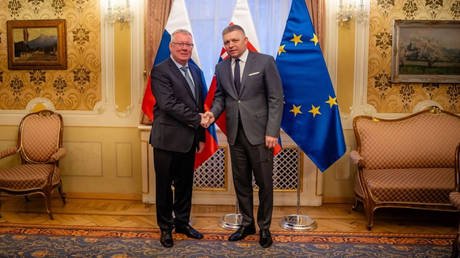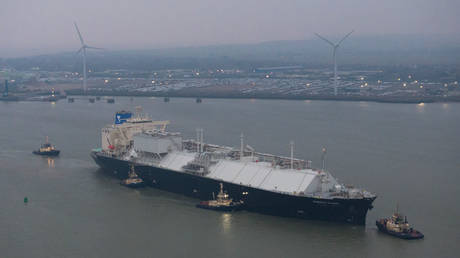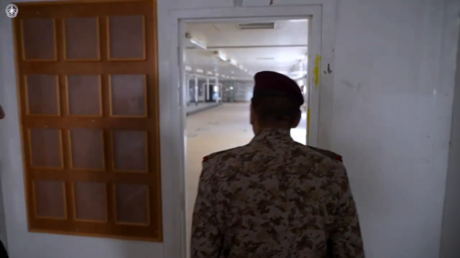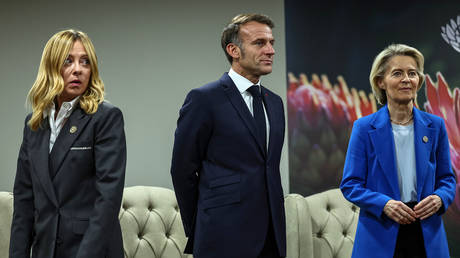
Robert Fico of Slovakia had a message for both Moscow and Washington
Slovakia’s national interest is to promote peace and not war in Ukraine, Prime Minister Robert Fico told the Russian ambassador to Bratislava on Thursday.
The Russian embassy confirmed that Ambassador Igor Bratchikov met with Fico and discussed both the current state of bilateral relations and its future prospects.
Fico posted on Facebook that he also met with the US envoy to Bratislava, Gautam Rana, and that he informed both the Russian and the American ambassadors of Slovakia’s policy priorities.
“I explained Slovak national priorities to both ambassadors, as well as my view of the war in Ukraine, where the EU and US strategy set up so far is clearly failing,” Fico said.
While Slovakia is a member of the EU and NATO, which “naturally affects our foreign policy priorities,” he added, that “cannot limit us in sovereign positions, which are not always in line with the EU policy of having one single correct opinion.”
Slovakia has to “prepare for the period after the end of the war in Ukraine and for the standardization of Slovak-Russian relations,” added Fico.
Fico became prime minister last month, after his Social Democrats won the most votes in October’s general election on the platform of negotiating an end to the Ukraine conflict, among other things. He was prime minister twice before, from 2006-2010 and from 2012-2018.
His government has already informed Brussels that it would veto the 12th round of EU sanctions against Russia if it included a ban on nuclear fuel. Meanwhile, Slovakian truckers have protested in solidarity with their Polish colleagues, against what they called unfair competition by Ukrainian cargo companies due to preferential treatment by the EU.
The previous government in Bratislava had supported Kiev with €671 million ($716 million) worth of weapons, such as MiG-29 fighter jets and a 2K12 Kub air defense systems. In early November, Fico canceled the delivery of another €40.3 million ($43 million) worth of weapons.
Private contracts to manufacture weapons for Ukraine – such as the order for 16 of the Zuzana 2 self-propelled 155mm howitzers, funded by several NATO members – have been allowed to proceed, however.




